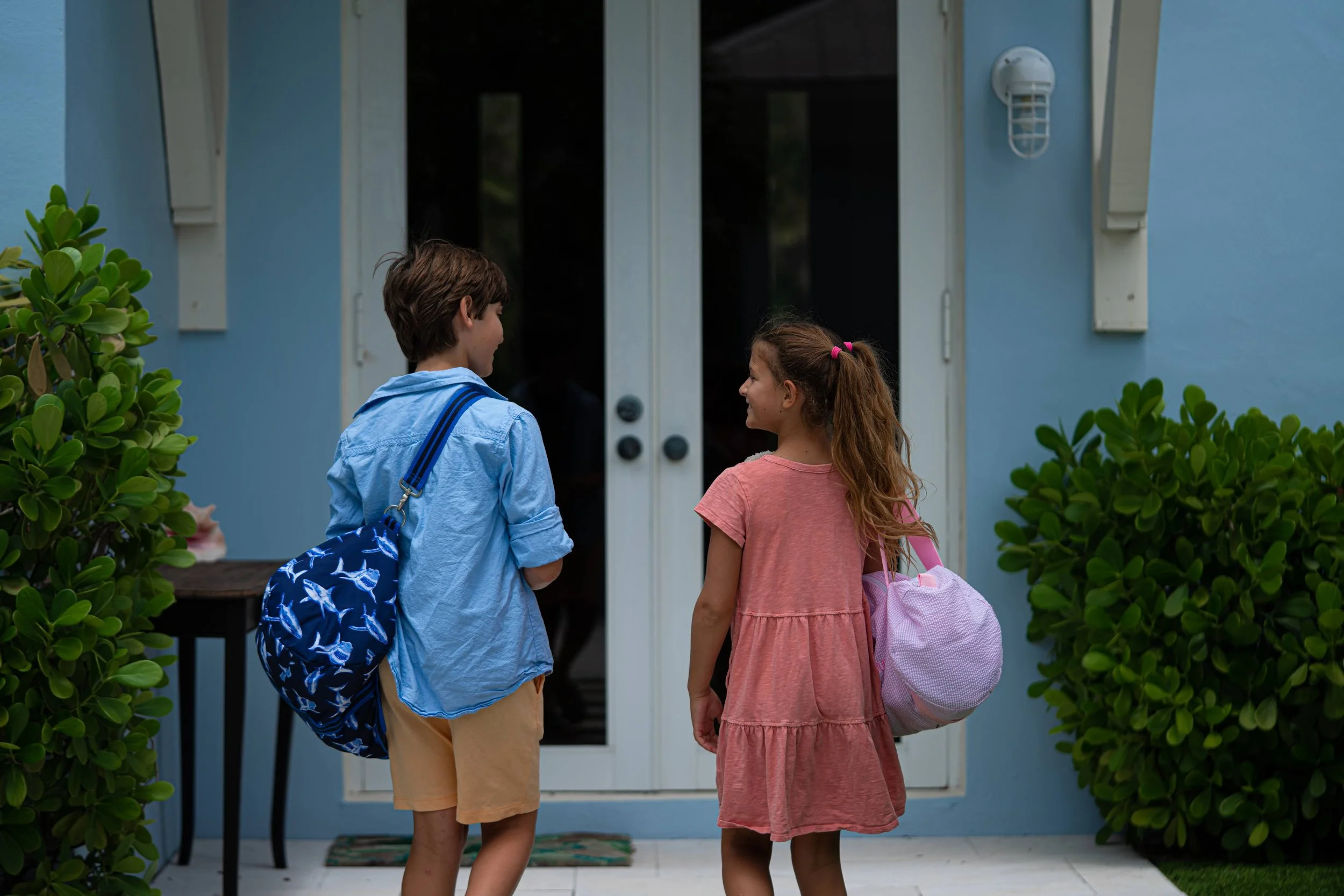What Food Allergy Kids Want You to Know
AllergyHealth for Allergenis
Children with food allergies have a lot on their minds. Daily worries surrounding each and every bite of food and the potential for serious reactions stir anxiety. But these kids face many additional pressures unique to food allergy management. With all that kids with food allergies endure, it’s surprising to learn about one more thing that worries them: their parents.
Several years ago, the FACES conference - a rewarding, interactive event hosted by the Center for Food Allergy and Asthma Research (CFAAR) – featured a memorable session, entitled, “What Do You Want Your Parents to Know? What Do You Want Your Kids to Know?” This session encouraged any attendee – child or adult – to submit a question throughout the day to be read anonymously and answered. The information gained from this session was enlightening – and it wasn’t just the answers (however incredibly informative) that were most interesting. What truly stood out were the kinds of concerns that are on our children’s minds.
Do you trust us when we’re out with our friends?
Are my food allergies a burden to you?
Do my food allergies scare you?
What worries you the most about my food allergies?
In addition to managing their own concerns and regulating their own emotions, some food allergic children are worried about how their parents are coping. This is an additional burden they carry on top of the demands food allergies naturally come with.
Food allergies have been cited to lower the quality of life for individuals living with the condition, increasing incidences of:
anxiety
stress
depression
social isolation
At the root of this emotional strain is the hardship of food allergy management. Kids with food allergies are saddled with many additional responsibilities – often beginning at a young age. They must understand where risk exists, how to react in an almost-inevitable emergency, cope with feelings of insecurity and fear. They bear the obligation of educating others, communicating their private health condition, and remaining firm in the face of misunderstanding or objection.
All this in addition to the regular developmental stressors of childhood, adolescence, and young adult life.
How do parents and other caregivers address the silent concerns children carry with them?
How can caregivers calm their worries so they can concentrate on the busy work of childhood and adolescence?
Parents, caregivers, and other allies can talk the talk and walk the walk:
Demonstrating a can-do attitude and verbalizing problem solving sets a good example and can be very empowering.
Model positivity and embrace the values and guiding principles that are important in your lives (kindness, inclusion, empathy, etc.).
Name and validate the emotions patients are experiencing and discuss productive ways to manage uncomfortable feelings.
Involve kids and adolescents in overcoming obstacles. Teamwork and supportive coordination are critical to security and well-being.
When it comes to the sensitive conversations about how you (the caregiver) are coping, model healthy emotional management and focus on your love for the patient. It’s okay to acknowledge your feelings with your children – it shows you’re human. Be sure to also show them your resilience. Talk about how you handle these feelings and reset. Ask them what they do when they feel overwhelmed or insecure. Talking about how you feel encourages your children to be honest about their real feelings and experiences.
Let negative emotions help motivate you in positive ways. Focus on the outcomes you would like to see. An example conversation might begin, “When you leave the house without your auto-injectors, I do get worried you’ll be unprepared for a reaction. I never want you to feel sick and be caught without your medicine. Let’s come up with a way I can help you remember and find an easy way to carry it.”
IMPORTANTLY, reassure your children that you will do everything you can to keep them safe and take care of them. Make sure they know they can talk through future food allergy anxiety and challenges with you. Reinforce that you are right there with them, partnering with them to overcome any obstacles in their way.

